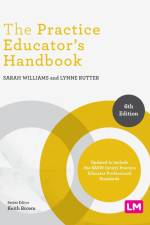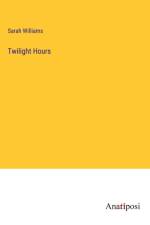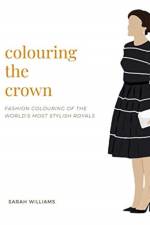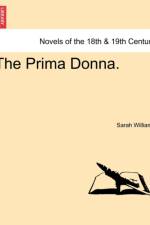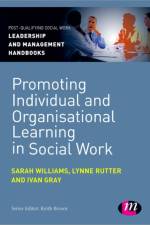- Confronting High Blood Pressure with Delicious Food Recipes for Seniors
av Sarah Williams
157
"The Silent Killer" is the ultimate guide for seniors who want to confront high blood pressure with delicious and healthy food. This comprehensive book offers a wide variety of easy-to-follow recipes that are both nutritious and satisfying, making it easy to maintain a healthy diet without sacrificing flavor. High blood pressure is a common and serious health concern, particularly among seniors. But with the help of "The Silent Killer," readers can take control of their blood pressure and improve their overall health. By following the recipes and tips in this book, seniors can enjoy delicious and flavorful meals that are specifically designed to help lower blood pressure and improve heart health. The book features a range of recipes that cover everything from breakfast to dinner, snacks, and sides. Each recipe is carefully crafted to include ingredients that are known to help lower blood pressure, such as fruits, vegetables, lean proteins, and healthy fats. With options for every taste and dietary preference, "The Silent Killer" offers something for everyone. But this book is not just about recipes; it also provides practical advice and guidance on how to make lifestyle changes that can help control blood pressure. From exercise and stress management to mindful eating and portion control, "The Silent Killer" covers all the key elements of a healthy lifestyle. The Health Benefits are 1.Lower Blood Pressure: The primary health benefit of following "The Silent Killer" is the potential to lower blood pressure. High blood pressure can increase the risk of heart disease, stroke, and other serious health conditions. By following the recipes and lifestyle tips in this book, readers can work towards lowering their blood pressure and reducing their risk of these health problems. 2. Improved Heart Health: In addition to lowering blood pressure, "The Silent Killer" can also improve overall heart health. The book's recipes feature heart-healthy ingredients such as fruits, vegetables, whole grains, and lean proteins that have been shown to reduce the risk of heart disease. 3. Weight Management: Another benefit of following this book is that it can help with weight management. The recipes are designed to be nutritious and satisfying, which can help prevent overeating and promote a healthy weight. Additionally, the lifestyle tips in the book, such as exercise and portion control, can also aid in weight management. 4. Increased Energy: Eating a healthy diet can increase energy levels and improve overall vitality. "The Silent Killer" provides recipes that are rich in nutrients and vitamins, helping to boost energy levels and reduce fatigue. By following the book's recommendations, seniors can feel more energized and motivated to stay active. 5.Improved Mental Health: Finally, "The Silent Killer" can also have a positive impact on mental health. Eating a healthy diet and engaging in regular exercise have been shown to reduce symptoms of depression and anxiety. Additionally, the book's tips for managing stress and staying motivated can also help improve overall mental well-being. By following the recipes and lifestyle tips in "The Silent Killer," you can take control of your health and reduce your risk of serious health problems. Imagine enjoying delicious meals that are both nutritious and satisfying while also improving your overall health and well-being. So, if you're ready to take control of your health and improve your quality of life, "The Silent Killer" is the perfect resource for you. Don't wait any longer to start your journey towards better health. Order your copy today and start enjoying delicious, healthy meals that will leave you feeling energized and revitalized.

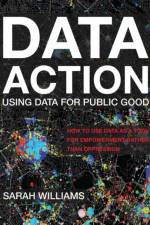



![Through the Year With Birds and Poets [poems];](https://cdnbackdoor.tales.as/thumbnail/150x225/products/00298/66346/through-the-year-with-birds-and-poets-poems.jpg)

